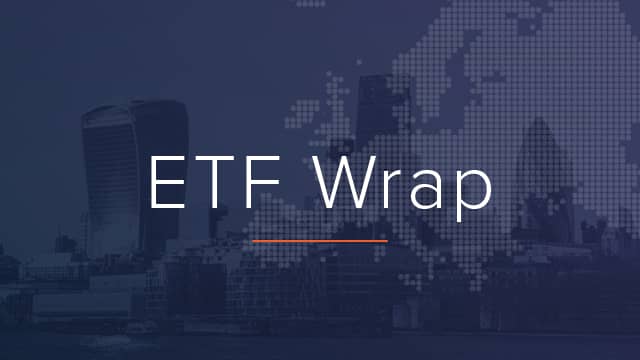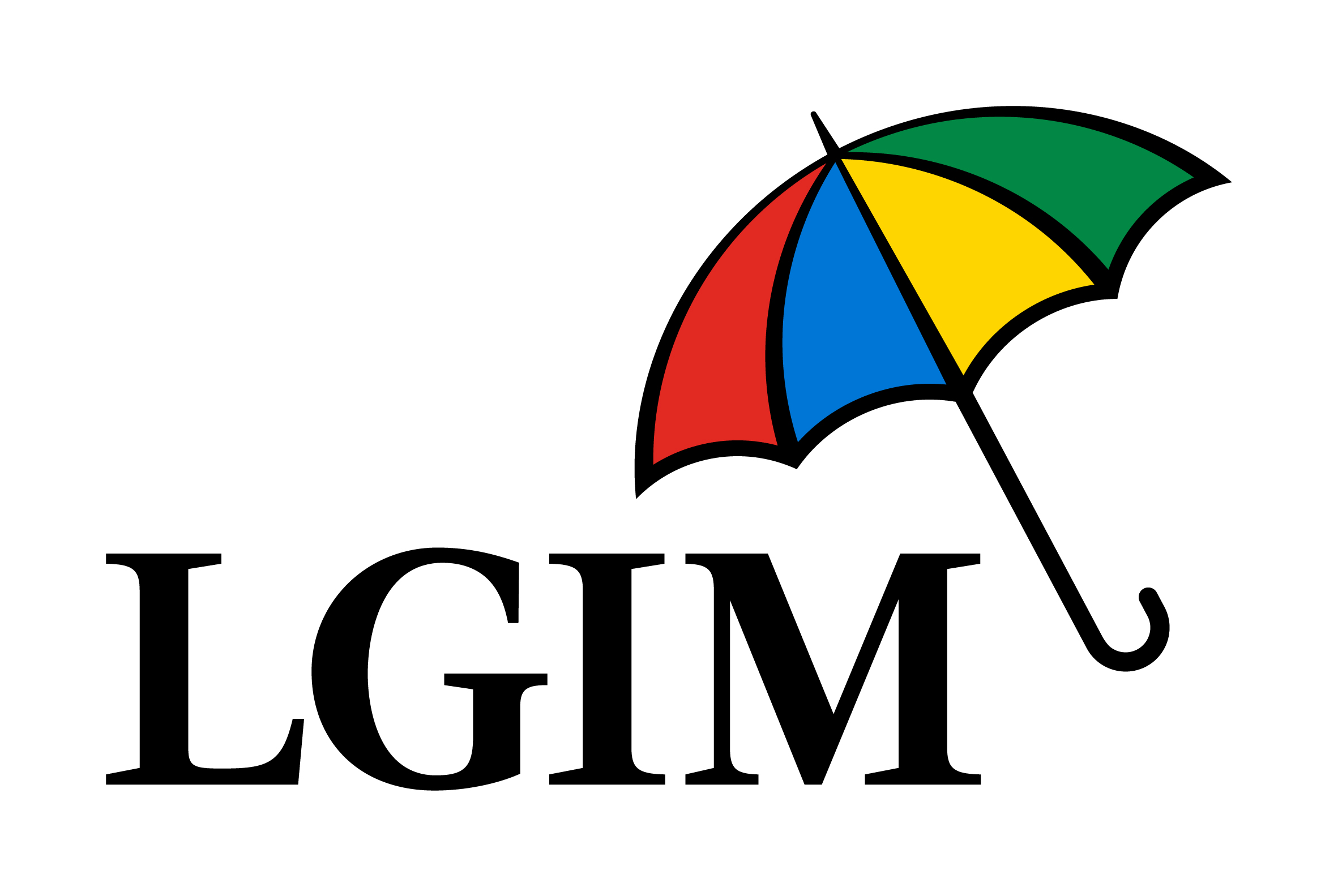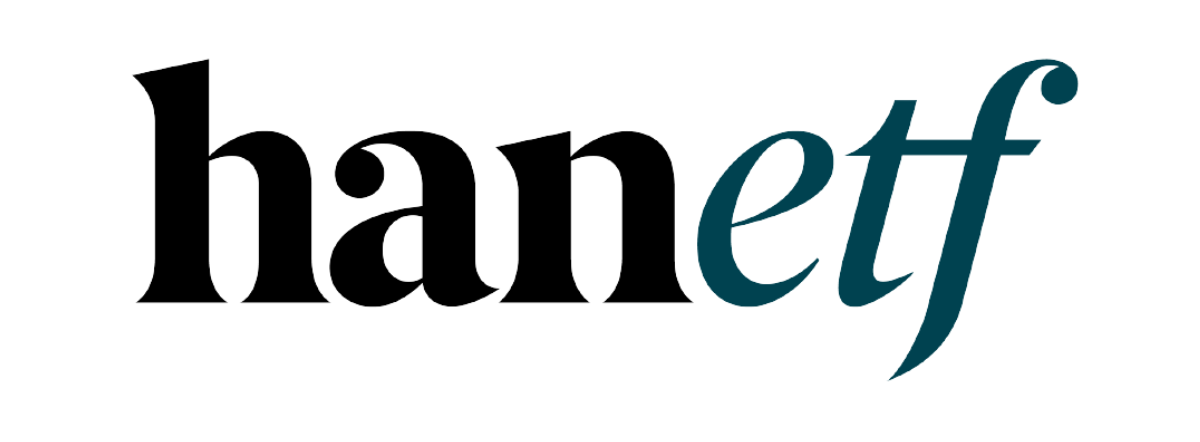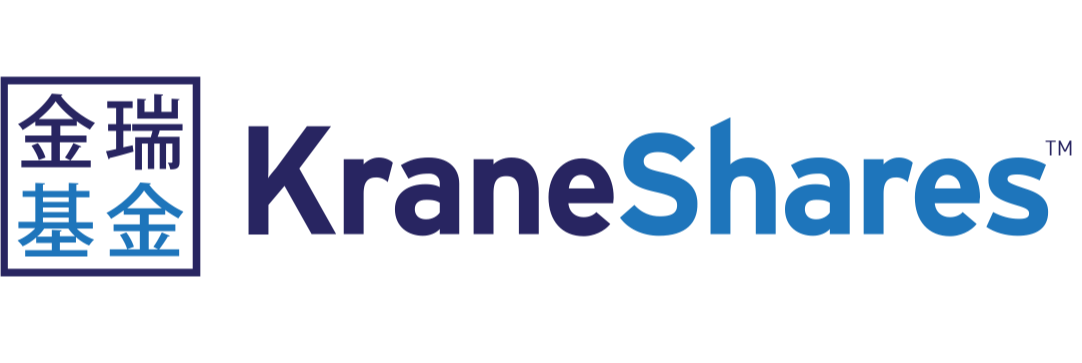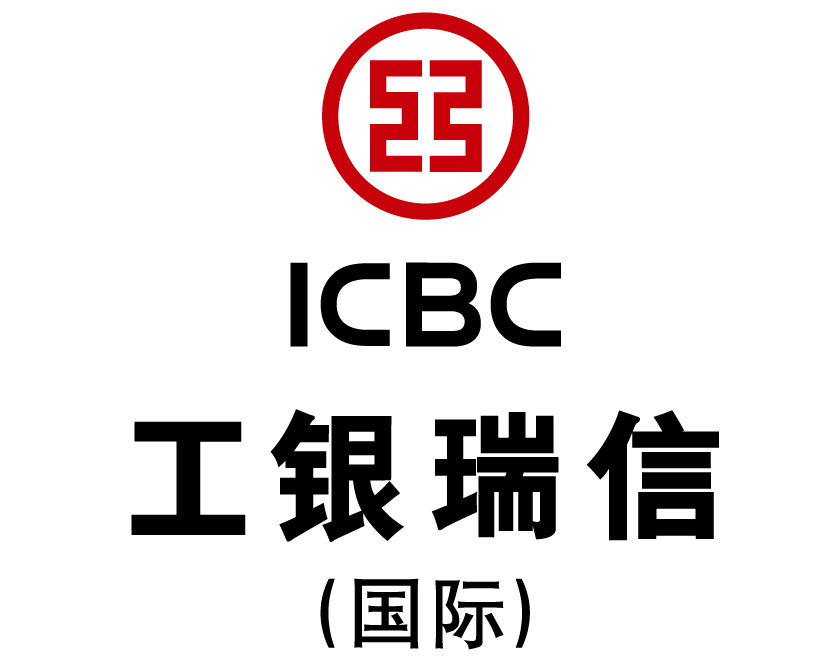As the bulk of ETF inflows continue flooding into low-cost beta strategies from a handful of large issuers, upcoming mergers could illustrate more specialist providers are searching for ways to keep their smaller and more esoteric products online.
Last week, Legal & General Investment Management LGIM) announced it would merge its $37m L&G US Energy Infrastructure MLP UCITS ETF (MLPX) with the $19.5m Alerian Midstream Energy Dividend UCITS ETF (MMLP).
The merger, effective 12 October, will see HANetf responsible for managing the ETF with the product’s fee set at MMLP’s 0.40%, a notable increase for MLPX investors currently paying 0.25%.
HANetf co-founder and co-CEO Hector McNeil said the merger of the two “sub-scale ETFs” made sense as it would make the product “more viable for both parties”, with LGIM retaining a “commercial interest”.
McNeil added the move could open the door for additional mergers of ETFs or entire platforms for providers that are subscale and looking to share the costs of operating their range.
After making a name for itself after launching several Europe ‘first’ thematics in 2021, HANetf has terminated nine ETFs in little over a year owing to low demand.
Elsewhere, ETF Stream revealed this week ICBC Credit Suisse Asset Management is set to merge the final ETF on its Luxembourg platform, the $41m ICBCCS S&P China 500 UCITS ETF (CHIN), with the yet-to-be-launched KraneShares ICBSS S&P China 500 UCITS ETF.
Subject to shareholder approval, CHIN will merge with KraneShares’ Ireland-domiciled equivalent sub-fund, with ICBC Credit Suisse AM continuing to act as investment manager while the ETF will benefit from KraneShares’ Europe-wide distribution and the efficiency of being one ETF on a platform with a range of products.
However, the two firms previously collaborated on the KraneShares ICBCCS SSE STAR Market 50 Index UCITS ETF (KSTAR), which houses just $3m assets under management (AUM). Only time will tell whether CHIN will fare better following the merger.
Asset gathering has been a sticking point for a number of products offering exposures to niche corners of the market, including future themes. Earlier this year, Rize ETF parent company AssetCo wrote down its value by £5m and said the business remains “materially behind plans”.
Perhaps merging with another provider’s ETFs could prove an attractive proposition for those falling short of commercial viability, but not keen on either selling or shutting up shop entirely.
ETFs not feeling the love from UK MPS
A recent Morningstar report found ETFs’ share of UK model portfolio service (MPS) offerings declined over the past year due to frustrations around accessing ETFs.
The paper outlined ETFs comprise 12% of MPS holdings by number, down from 15.4% in 2022. Index funds, meanwhile, dominated MPS offerings with almost half of 1,100 MPS analysed describing themselves as either passive or active-passive blend.
One reason for ETFs’ relative declining prevalence in MPS is the lack of trading capacity for the wrapper often resulting in higher costs.
Jack Turner, head of ESG portfolio management at 7IM, said he and his team often “lean towards mutual funds” due to the transaction costs.
Bank of Japan ETF stimulus misfire
Elsewhere, a recent Bank for International Settlements (BIS) working paper found the Bank of Japan’s (BoJ’s) $380bn of ETF buying to support domestic equities may now be backfiring after making it easier for market participants to lend stocks.
The paper found the BoJ relies on physically-backed ETFs and ETF managers have “strong incentives” to lend out the stocks underlying the ETF exposure to generate additional revenues. It added this is particularly true for securities held by the BoJ, which is considered a long-term ETF holder.
The research argued as the central bank continues to increase its book of ETF investments, the volume of underlying stocks available to borrow is also increasing, making it cheaper for participants to short Japanese equities – thereby reducing the valuation-supportive buying carried out by the BoJ.
ETF Wrap is a weekly digest of the top stories on ETF Stream
